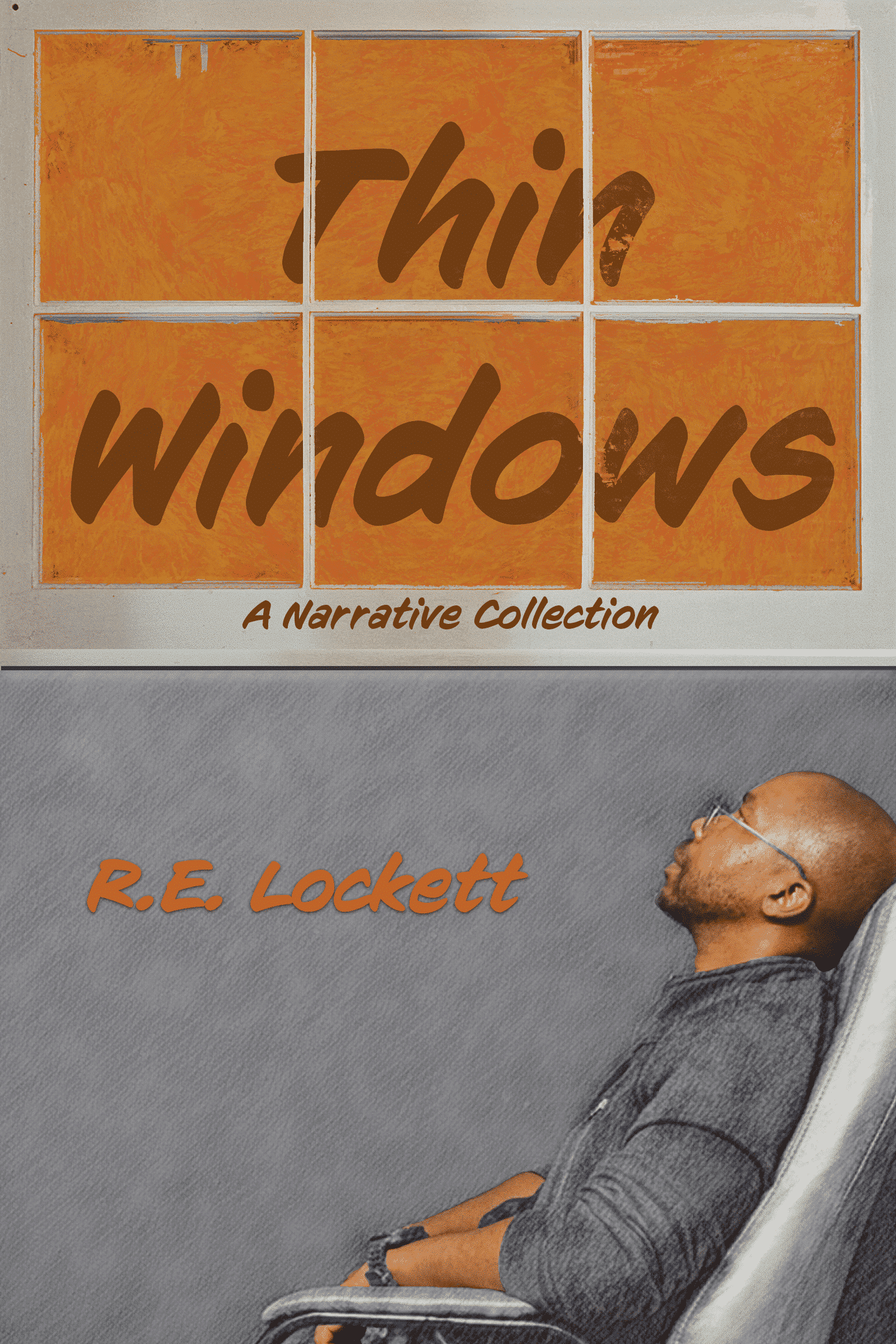Your cart is currently empty!
Brevity is the Soul of Wit

in
Disclaimer: This post may contain affiliate links for books we recommend. If you make a purchase through these links, at no additional cost to you, we may earn a small commission. See our full Terms of Use here.
Writing, in Brief
Brevity is the soul of wit, according to William Shakespeare. This famous quote, from Hamlet, emphasizes the importance of efficient writing – and most times, that can mean cutting unnecessary words out of your copy. That’s easier said than done, though; how do you tell when your words are superfluous? It might seem as if all words belong in every piece of writing… but it’s not true! You just need to know how to recognize and remove the empty words from your text and allow your story to shine through even more clearly than before.
The Importance of every Word
As writers, we all know that editing can often feel like painful and unnecessary pruning. That said, it’s almost always necessary if you want to tell a compelling story in as few words as possible. There are infinite ways to express an idea; use them sparingly. Each word must earn its place in your book by adding something necessary for readers to appreciate your story fully.
Ultimately, removing words from a manuscript makes it more effective at what it does: tell an engaging tale that makes readers laugh, cry or think differently about their lives and experiences. An outstanding book should bring readers back again and again, each time discovering additional details they may have missed before.
When you edit your work relentlessly, it forces you to examine every sentence carefully before allowing it onto paper. There will be sentences worth keeping; most will need to go. Spend hours looking for areas where there’s room for improvement—dozens of places, even—and trust yourself when deciding which parts deserve another draft. You’ll end up with a much better final product overall if you do so. Edit first, then write second – not the other way around!
Smaller Novels with Huge Impacts
It may surprise some people to learn that popular books such as Anna Karenina, Wuthering Heights, and The Adventures of Huckleberry Finn are all shorter than 100,000 words. Even Moby Dick comes in under 100,000 words. Size doesn’t always matter—but it also makes it difficult to pin down exactly what does.
To ensure brevity, we recommend having a solid outline for your book or story and writing until you reach its natural conclusion. Think about some of history’s greatest works: Great Expectations (49,590 words), A Tale of Two Cities (48,787), War and Peace (56,298), Pride and Prejudice (44,823). In each case, we can see that stories can pack an emotional punch without overstaying their welcome. So how do you trim away anything unnecessary?
Shrink Your Sentences
Long sentences are a serious no-no in fiction writing because they make readers uncomfortable. The key to creating effective sentences is to keep it simple. Simple, not short. Brevity refers to a sentence’s structure and word choice, which should be crisp and direct—not its length. An easy way to test your sentence’s brevity is by asking yourself if you could remove any words from it without changing its meaning or tone. If you can, cross those words out and re-read your sentence (or paragraph).
There should be little effort in reading each passage, even if they are long. Each sentence should contain only one who, what, where, or when. This will help cut down on unnecessary verbiage and ensure clarity in your narrative. Readers are smart, but they’re busy too. Make their lives easier by keeping your prose tight!
Too many sentences in a paragraph can also become distracting. Using shorter sentences for each paragraph will make your work appear more professional, and it will make it easier to read. There’s no formula for how many words should go into a sentence or whether longer sentences are better than shorter ones. Cutting fluff from your writing and keeping your paragraphs short will improve its overall quality.
Keep in mind that you don’t have to remove all unnecessary passages from your work if doing so would destroy its meaning. Try cutting unnecessary adjectives and adverbs wherever possible. The best way to do that is by reading over your work in full before editing it word-by-word.
Remove Adverbs and Clichéd Phrases
It’s a common mistake for writers to add in unnecessary words such as very, extremely, and incredibly. While these adverbs make your story appear more interesting on paper, they don’t actually give readers any more information about what you are describing. In fact, using ‘very’ at all really reduces its impact. If you have something worth saying, use short sentences. Wordiness makes your point duller; less wordy versions make it clearer.
Instead of describing an event with words like ‘suddenly’ or ‘quickly,’ try to set a more vivid scene. If something isn’t happening on its own accord, eliminate passive language. For example, when two characters kiss for the first time, your reader doesn’t need to read
The girl kissed the boy.
Instead, we just get straight to action:
They kissed.
And be sure not to fall into another common trap while editing—letting metaphors run amok! A few metaphors here and there might be worthwhile (even enjoyable) but more than a couple in one paragraph can make things seem forced. Be careful with wordy adjectives as well. Find one impactful word instead of several similar ones for maximum effect. Let prose strike like lightning rather than splashing around like water from a hose—if it strikes nothing at all, so be it!
What Does This Add?
Scenes, sentences, and words can all have an aesthetically pleasing quality when used well, but are they adding anything else? While editing, ask yourself: Is what I’m writing important to my story? Can I leave it out without losing meaning or changing tone or style too much? If you cannot answer yes to both questions, consider cutting it.
If a sentence doesn’t aid in character development or scene building or plot-driving, if its only purpose is to add length and page count, then that sentence isn’t doing anyone any good. Avoid unnecessary embellishments that don’t further your goal as a writer: telling a fantastic story.
A common thing to add and then forget about are references to pop culture or current events. A clever reader might chuckle when they see a reference you intended, but otherwise it’s likely distracting. Sometimes it’s better to leave out modern references altogether than risk adding them without knowing if they add anything worthwhile to your story.
You can always use an older phrase in its place that conveys nearly as much meaning in a more natural manner (while still including some levity). This approach serves two purposes: It gets rid of any unnecessary present-day allusions, and it also prevents dated references from hindering your future success.
Talk The Talk
Another brilliant strategy for making your writing more succinct is to take out unnecessary descriptions, actions, or dialogue. Sentence count should never dictate the length of a story or chapter. Use dialogue sparingly, and make sure every line adds something important to your plot. If a character needs to go somewhere or do something, show it through their actions instead of having them tell another character about it. If a character needs to talk about something, see if there’s a better way for them to communicate that idea than through an indirect conversation with another person.
People are so much more interesting when they’re doing things! Characters are active participants in action stories, not passive objects who stand around describing everything around them. As writers, we must learn to watch our characters (and ourselves) as they move throughout scenes—wielding swords or solving equations—and then describe that action using only as many words as needed.
Try Reading to Yourself
The best way to go about editing is by doing it on your own first. As you work on getting your first draft finished, don’t worry about anything being perfect or putting things into chronological order; simply focus on getting down whatever comes to mind. Once you’ve done that—whether it takes an hour or two days—then take some time away from it (one day isn’t long enough).
When you sit down to edit what you wrote, pay attention to where there’s a lot of commas within sentences or where there are long run-on sentences (or even paragraphs). Try breaking up those bigger chunks into smaller parts and adding either commas between phrases or periods at the end of each sentence. This will help with flow!
«You don’t edit because things are wrong…you edit because something isn’t working. »
–Jane Friedman
If you’re an experienced writer, you may edit your work quickly. But if you’re new to writing, make sure you read your work out loud. It will help catch typos and awkward phrasing that you might otherwise miss when reading in your head. Editing by reading out loud can also help improve your cadence and avoid repetition, both useful skills for a writer to have.
You can also tell when you’re using a word that’s overused, or a phrase that makes little sense. Speaking to yourself helps reinforce your understanding, as well—when you read something aloud and feel like it sounds awkward, then read it again to find out why, instead of assuming you just forgot a few words or letters. It’s amazing how often we misplace just one little thing.
Reading to yourself is helpful because you can experience your own writing exactly as readers will. You’ll notice minor details. It’s also good practice—even professional writers often read their work out loud before they send it off. Reading aloud forces you to slow down and think about how your reader would perceive certain sentences. Not only does slowing down make it easier for you to find flaws in your writing, but it also allows you space and time to consider each word choice and paragraph structure so that your meaning comes across clearly.
Length vs. Depth
Just as there’s no right word count for every novel or story out there, there’s no one-size-fits-all approach to storytelling. You can have a short novel packed with depth; you can have a longer work filled with padding. Readers will make it clear which they prefer.
If people want depth, tell them what they need to know—just do it in fewer words. Allow other characters to take over some narrative control so that your protagonist isn’t always narrating. Experiment! Find your own ideal balance between length and depth. That’s how you’ll get optimal results to engage readers. Just as not all stories require 50k words to be told well, not all writers would benefit from writing 10-hour novels. Find your niche, give yourself space within it—and let the reader come on board when they feel ready. Remember: Brevity does not mean lack of depth; lack of space does not lead to lack of quality; brevity goes both ways.
Sometimes Writing Isn’t
Brevity is desirable in many genres and styles of fiction. Your job is simply to find those best practices and apply them wisely. The story may require a certain number of words, but it does not need pages upon pages upon pages. Lean prose is an asset, not every detail needs to be spelled out, and writers should learn how much they can say with less.
When you sit down at your desk each day, go back over your previous drafts and write notes on what you cut and what you keep. How much are you spending on scene-setting? What do you want readers to know about a character—and what do they already know? What details belong in dialogue instead of exposition? Save these notes so you have a running list of effective ways to streamline your writing. And then use these techniques again and again until brevity becomes part of your natural voice as a writer.
-R.E.

